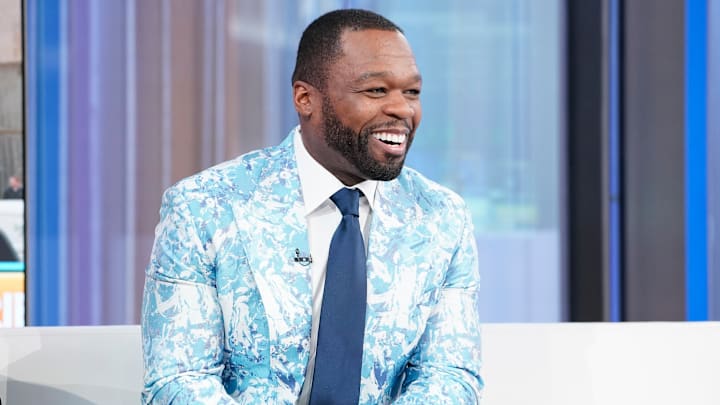The notion of being “uncancelable” in the world of rap and hip‑hop is something that catches attention, especially when it comes from someone like 50 Cent, a figure with major influence, controversies, and longevity. It’s not just hype; it’s a reflection on what it takes to stay relevant, respected, and unshaken in this culture.
If you’re into rap music, cultural conversations, or the business side of an artist’s image, this is a read worth your time.
In a recent interview with Complex and reporter Jordan Rose, 50 Cent opened up about how he views the “uncancelable” tag, and why he feels it’s less about being bullet‑proof and more about getting the audience on his side. He pulls back the curtain on what his brand has become, how his controversies play into it, and why the audience’s response matters more than the fear of cancellation.
So let’s dive into how 50 Cent sees the “uncancelable” label, what it says about his career, and how this connects to the broader world of hip‑hop branding and culture.
50 Cent reacts to the “Uncancelable” label
In the interview, he was described as someone who is “in rarefied air as someone who is uncancelable.”
That line got a laugh from him, but it also triggered a serious reflection: he doesn’t believe he’s immune from backlash, just that he’s conditioned the audience a certain way.
"“I’ve conditioned the audience to see me do things that they accepted from me. They wouldn’t accept it from someone else. It’s been for so long that that’s what makes you say that. It’s not that you’re ‘uncancelable,’ it just means that the audiences accept it. They laugh at it instead of being angry with it. There’s so many of them there that they just forget to continue to be upset.” "50 Cent
That insight matters for rap culture: 50 Cent views his longevity not as a result of avoiding missteps but rather because the audience has grown used to his style, his provocations, his feuds, and in a way, buys into the brand.
The role of controversy, feuds, and branding in his hip‑hop legacy
50 Cent’s path in mainstream rap includes famous brushes with controversy, high‑profile rap feuds, and raw storytelling in songs like “Get Rich or Die Tryin’” (his breakout album) and hits such as “In Da Club”. His history gives context to what he’s saying now: when you’ve spent years stirring the pot, the audience knows what to expect.
As he mentions, the key is that he’s “conditioned the audience,” meaning over time, he built a reputation of doing certain things and being a certain kind of character in hip‑hop. In turn, when he steps into controversial territory, people are less shocked or outraged and more in tune with the act. That’s a brand strategy, whether intended or evolved.
